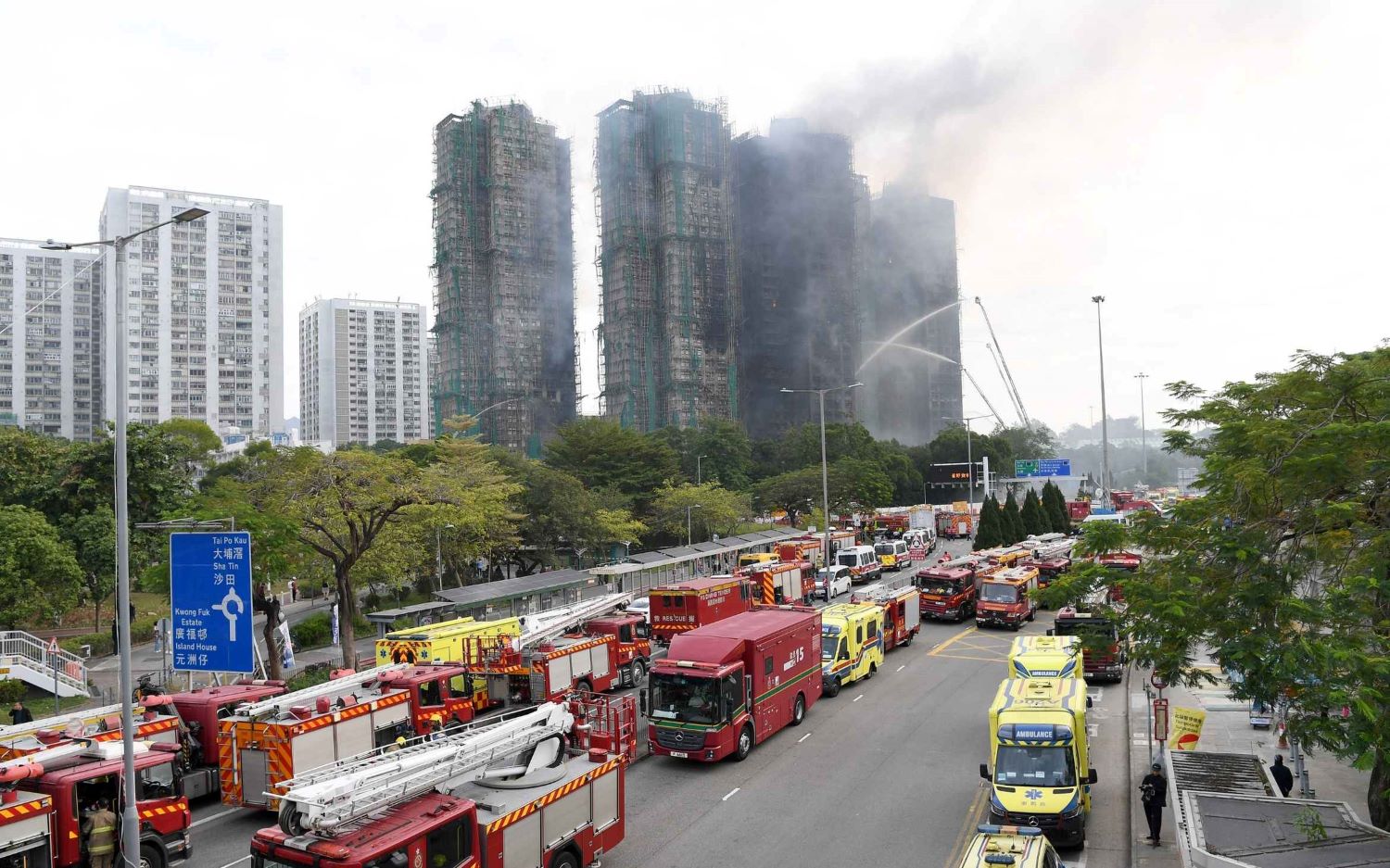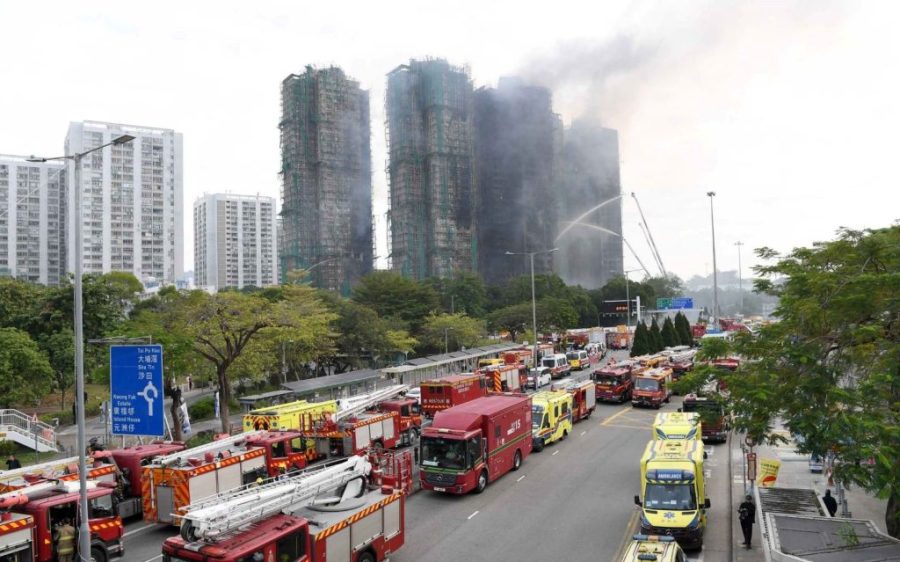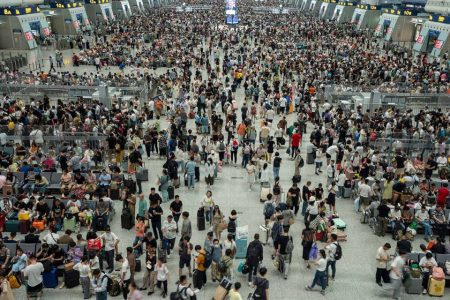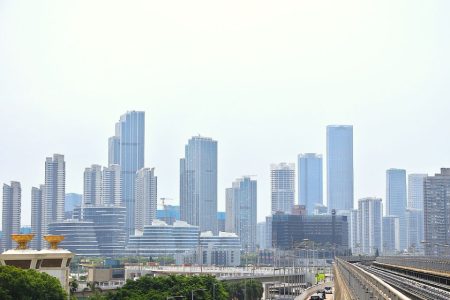Search teams are continuing the grim task of recovering bodies from the charred buildings of the Wang Fuk Court estate after one of the worst disasters in Hong Kong’s history.
At least 94 people, including a firefighter, lost their lives in the residential fire, which began on Wednesday afternoon and quickly engulfed seven 31-storey buildings at the subsidised housing development in Hong Kong’s Tai Po District.
Dozens of people remain in hospital, 12 of them in a critical condition. Scores of residents are still unaccounted for.
Although the fire has largely been put out, pockets of flame could still be seen flaring up this morning, two days after the blaze broke out, indicating the ferocity and scope of the fire.
The cause of the blaze’s terrifyingly rapid spread has not been identified, but suspicion has fallen on flammable materials being used in a large-scale renovation of the estate, which consisted of nearly 2,000 units.
[See more: Four ways you can help victims of Hong Kong’s Tai Po fire]
Two directors and a consultant engineer of a construction company engaged to undertake the renovation work have been arrested, accused of gross negligence and permitting the use of non-compliant materials, including highly flammable styrofoam window seals and netting that did not meet flame retardant standards.
Widespread concern has also been expressed about the use of bamboo scaffolding – a common feature on building sites and a visual icon of Hong Kong, but nonetheless a flammable material, especially during Hong Kong’s dry winter months.
Government officials have already indicated that they will take steps to ban the use of bamboo as a building material. Inspections of all renovation works being carried out at public estates in Hong Kong have also been ordered.
Meanwhile, a massive outpouring of public sympathy has seen emergency shelters overwhelmed with public donations of food, clothes and blankets. Hundreds of volunteers are on site and appointment slots at blood donation centres are fully booked for the next few days.
Business groups and charitable foundations have donated at least HK$700 million (US$90 million), while the government has set up a HK$300 million (US$38.5 million) relief fund.






